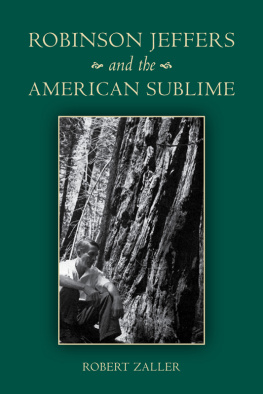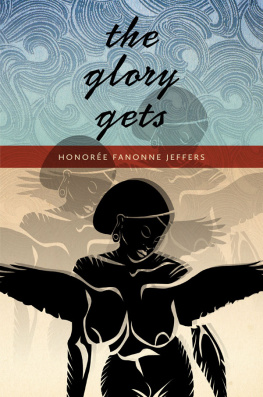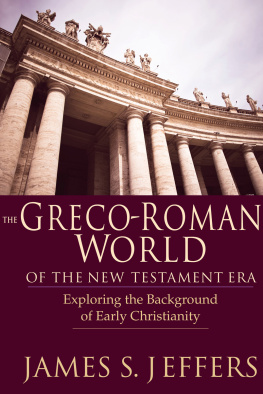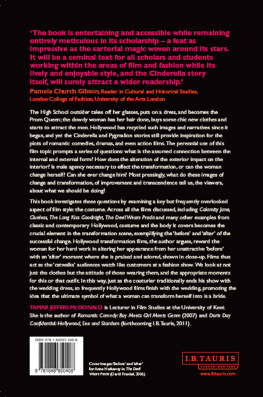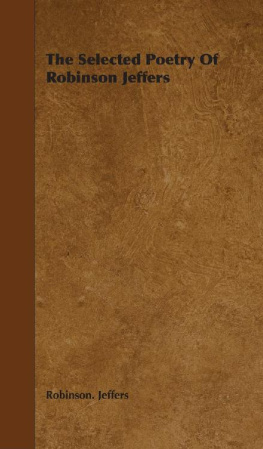ROBINSON JEFFERS and the
AMERICAN SUBLIME
ROBERT ZALLER
STANFORD UNIVERSITY PRESS
Stanford, California
This book has been published with the assistance of Drexel University.
Stanford University Press
Stanford, California
2012 by the Board of Trustees of the Leland Stanford Junior University.
All rights reserved.
An earlier version of Chapter 1 of appeared under its present title in Jeffers Studies (1999). Sections of Chapter 4 appeared as Robinson Jeffers and the California Sublime and Landscape as Divination: Reading Apology for Bad Dreams, in Jeffers Studies (1997, 2004).
No part of this book may be reproduced or transmitted in any form or by any means, electronic or mechanical, including photocopying and recording, or in any information storage or retrieval system without the prior written permission of Stanford University Press.
Library of Congress Cataloging-in-Publication Data
Zaller, Robert, author
Robinson Jeffers and the American sublime / Robert Zaller.
pages cm.
Includes bibliographical references and index.
ISBN 978-0-8047-7563-2 (cloth : alk. paper)
ISBN 978-0-8047-8102-2 (e-book)
. Jeffers, Robinson, 18871962Criticism and interpretation.. American
poetry20th centuryHistory and criticism.. Sublime, The, in literature.
I. Title.
PS3519.E27Z964 2012
Printed in the United States of America on acid-free, archival-quality paper.
Typeset at Stanford University Press in 10/14 Minion.
For LILI, KIMON, THERESA, and ATHENA
and to the memory of PHILIP
Contents
Preface
One day while browsing in the American Library in Athens, an obscure impulse moved my hand toward The Selected Poetry of Robinson Jeffers, a book, like most of Jeffers work, then out of print. I opened the book, and fell right in.
At the time I knew no one conversant with Jeffers, and so no one with whom to share my sense of him as a great poet and my puzzlement at his critical neglect. I found a kindred spirit at last in William Everson, to whom I reached out when I began to write about Jeffers. His generosity and supportfar beyond the merits of my workinducted me into the community of scholars, poets, and lay readers being organized around the Robinson Jeffers Tor House Foundation and its resourceful president, George L. White. It is my privilege and good fortune to have enjoyed that happy company, and that of the scholarly society which grew out of it, the Robinson Jeffers Association. Great writers exert a tidal pull on their students, and that shared experience has made many warm friendships for me. I am particularly indebted in the present work to Robert Brophy, Tim Hunt, Rob Kafka, and James Karman, but also to the many other colleagues who have shared their insights with me, and who will forgive me if I do not mention them by name in what, to do them proper justice, would be a list of unmanageable length. I again thank Dean Donna Murasko of the College of Arts and Sciences of Drexel University for the subvention that has helped make this book possible, and my editor, Norris Pope, for his support of a project quite different from my initial collaboration with the Stanford Press. I am grateful to the readers of the Press for their attentive and thoughtful appraisal of my manuscript. All remaining demerits are mine.
My previous study of Jeffers, The Cliffs of Solitude, examined his major narratives from a Freudian standpoint. This seemed a natural perspective, since Jeffers was the first American writer to consciously utilize Freudian themes and stratagems in his work. I believe this interpretive model remains fruitful, and it informs the fifth chapter of the present book. Nonetheless, this book is, as its title indicates, principally organized around the hermeneutic of the sublime. Through this, I have attempted to consider Jeffers work in the larger context of American literary and cultural history, and to situate him at what I believe to be one of its central crossroads. Jeffers occupied that crossroad with his contemporaries of the Modernist generation, but, although sharing many of the Modernists concerns and some of their stylistic innovations, he went his own way. His relation to the Modernists thus runs partly parallel to them, but is also in crucial respects adversarial. To draw this out fully is the work of another book. My intention here is to situate Jeffers in the tradition as he received it, transformed it, and, in my view, significantly enriched it.
My chief debt, as in everything I have written and everything I have done, is to my life companion, Lili Bita. As Jeffers said of his own mate, Una, she has given me eyes, but heart and resolve too. To her and to my loving family, this book is gratefully dedicated.
Introduction:
Framing the American Sublime
Robinson Jeffers, says Albert Gelpi, is the poet of the sublime without peer in American letters. Despite this assertion, however, there are entire books devoted to the American literary sublime that fail to cite Jeffers. This omission is all the more striking when one considers how deliberately he made natural grandeur his subject, and the thoroughness with which he explored it.
The reason for this neglect is, in part, the tendency to marginalize Jeffers as a lyric poet. A consensus has formed in some quarters that his long narrative poems, whatever their incidental felicities, are too overwrought to be fully successful works of art. The result is that the gist of Jeffers has been sought in his shorter poems, where his skill in evoking the beauty of natural process appears directly, unencumbered by dramatic apparatus.
The consequence of this critical attitude has been not only to diminish Jeffers project, but to decontextualize the so-called lyric poems themselves, in which the pressure of tragedy is continuously felt. Far from seeking to eliminate the human in his work, Jeffers sought rather to give it fresh, and, as he took it, perdurable meaning: to create, that is, a new sphere for tragedy in modern letters. The failure to appreciate this impoverishes the full complexity of his view of nature in turn. It also makes it difficult to apprehend him as a poet of the sublime, since the essential aspect of the sublime is the encounter of human cognition and agency with the natural world.
To instate Jeffers as a poet of the sublime is, therefore, to reaffirm his commitment to the human. To claim further, as Gelpi does, that he is Americas great poet of the sublime, is to place him among the central poets of our tradition. I hope this book will show why such a claim can be made.
A word must be said about the other term of my study. The hermeneutic of the sublime has a long pedigree, beginning with Longinus and entering the Romantic tradition with Burke and Kant. Is there, though, a distinctively American subspecies? We do not think of Wordsworth and Turner as representing an English sublime, or of Goethe and Friedrich a German one. Neither the nationality of the artist nor the particular topos described seems to require a nativist prefix. Why, then, in the American case?
The answer to that can be cast in terms both of Americans perception of themselves and of others responses to them. America remains the unique modern instance of a country settled originally on the basis of a prescriptive ideology, Calvinism, and politically constituted on the basis of another, democracy. I say modern to except ancient Israel, although the original intentions of the Hebrews in settling the southern Mediterranean shore are undoubtedly mystified rather than clarified by the retrospective depiction of a Promised Land. What is certain, however, is that the first New England settlers regarded themselves as the direct successors of Israel, and the wilderness they claimed as their own Promised Land. Here they prepared, individually and collectively, for their encounter with God, the ultimate (if veiled) site of the sublime, and for the final revelation of his will in the world. Their purpose was consecrated, and so was the land that was to be cleared of encumbrances, both natural and savage, and made fit as the Lords tabernacle.

